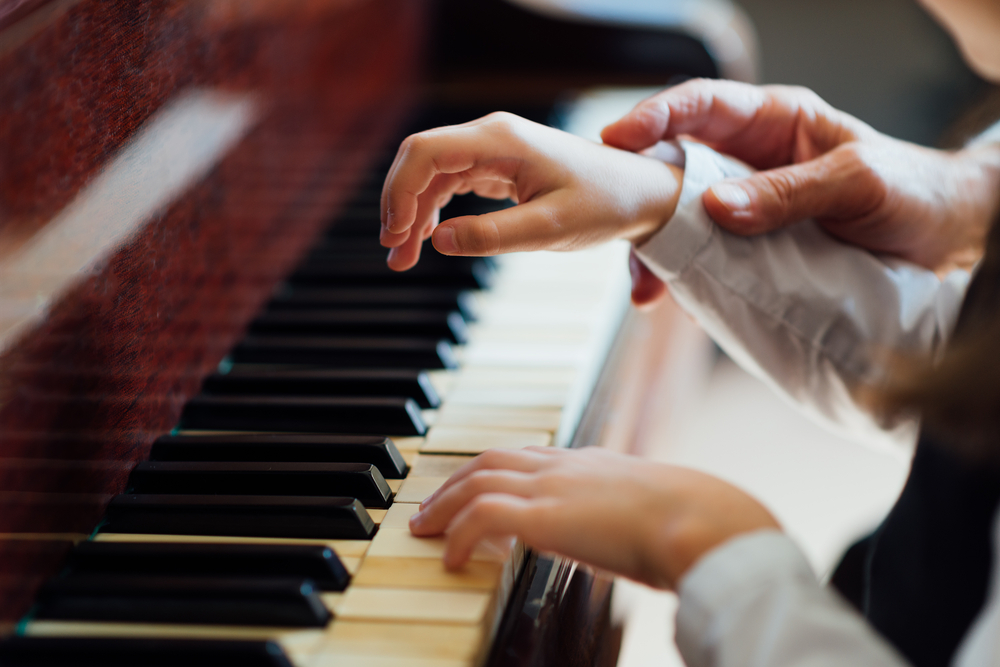The piano is one of the most influential musical instruments of all time. Played by some of the greatest musicians of all time, the piano is often the starting point for most musicians. If you want to learn the piano, Paris Aspen Arin has a few tips to share. Paris was born in 2004 and has already established herself as a leading singer and songwriter. She is also a product designer and author. She started learning the piano at a very early age and is now the Peace and Music Ambassador for Harmony for Peace Foundation. If you want to learn the piano like Paris, here are a few tips that she’d like to share.
- Never spend a day without practicing the piano: if you can do it, it will help your improvement a lot. But if you don’t get much time, practice at least the technical exercises.
- If you cannot manage to move forward with the study of assigned work, inform your teacher before beginning the lesson. A few pieces practiced meticulously are better exercise than a piece studied superficially.
- Never waste time keying the piano, better train your ear. The more you practice consciously, the sooner you will be able to play anything you want. Five or ten minutes a day applied well will greatly influence the development of a better technique. However, never practice without sitting properly and without paying full attention to your work.
- Never start practice before having established yourself and make clear to yourself all the details of the keys, time, rhythm and phrasing of the piece you are going to study. Think before each measure and determine the best way to play it.
- When you start a new exercise, carefully cover yourself against the first error in your interpretation. The fingers are too adapted to repeat the mistakes once they are made, and thus they get used to the bad habits.
- Similarly, each passage or each part of a movement must be practiced until it can be played with the precision of a clock. Each detail of a piece must be studied and mastered separately until you can reassemble the whole melody in an artistic way.
- Begin by practicing slowly in the beginning, so that you will never be forced to stop. Always try to play strictly in time: rhythm and time are factors that should never be neglected, or lack of patience, or energy. Sounds without rhythm have no greater meaning than some simple letters of the alphabet.
9 During pauses, do not remove your hands from the keyboard, but try to use the time, if necessary, advancing to the next position. While one hand is playing, it is very easy to prepare the other hand for the part that is your turn, only if you are clear about what it should do. Therefore, the parts that require a change in the position of the hand must be practiced separately, until the hand has learned to assume the proper position and perform its work unconsciously.
